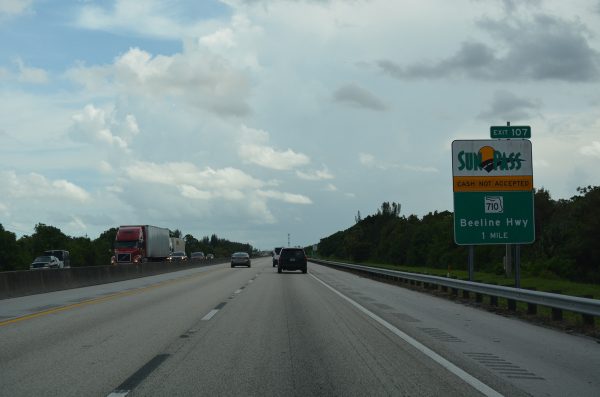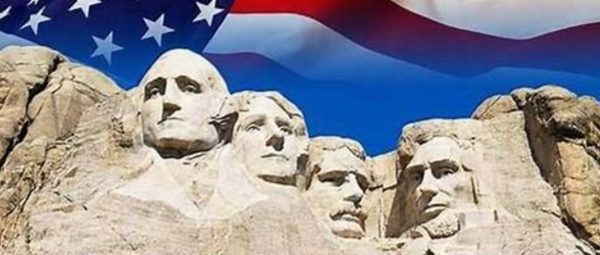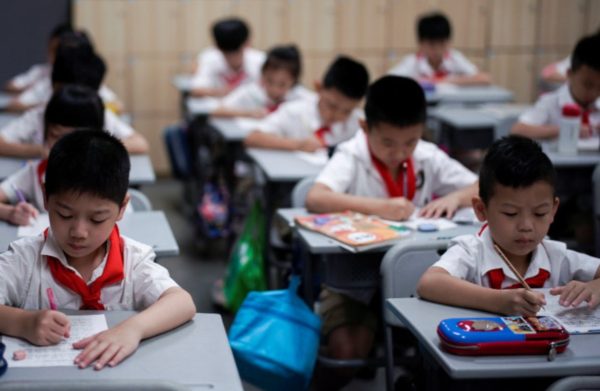Taiwan: Totally Not A Country
In Newman’s Economics class, with Mrs. DaSilva, I completed a classwork, asking to identify factors like GDP, population, unemployment, inflation, and national debt. I chose to look at the grand ole’ USA, the Philippines, and the People’s Republic of China (or just China apparently). I was surprised to find that in the year 2020, the peak of pandemic quarantines and lockdowns, China actually grew, while both the US and the Philippines suffered severe recessions due to many businesses going out of business and production of goods being halted. I looked into it more, and I found that this was due to the fact that a majority of the world’s medical supplies like drugs and protective equipment come from China. With a pandemic, these things were now high in demand.
However, China is not only looking to expand economically, but also geographically. For a long time, China has been eyeing countries like Taiwan, the Philippines, India, and those in former French Indochina, including Vietnam and Thailand. The US has defense commitments to many of these nations, in case of foreign invasion. While the defense pacts do not specifically name China, it can be reasonably assumed that China is the most likely candidate.
This brings me to the topic of Taiwan. Since 1949, when the Kuomintang, the democratic forces of China were driven from the mainland by the communists, the two parties have been at tense odds against each other. Both claim to be the one true China. However, it is evident that China holds more power, politically and militarily. Anyone who states that Taiwan is an independent country is often banned from visiting or broadcasting in mainland China. But who cares about free speech, am I right? The world doesn’t have a US Constitution to protect them. (Ironically, I believe our freedoms protected in the Constitution are currently at risk, but that’s a discussion for another time.) Even clearly Taiwanese nationals overseas in free countries like South Korea have been forced to apologize for even displaying the Taiwanese flag. I’m getting off point. The point is, the US is not looking like it will honor its defense commitments to Taiwan. Since 1979, under the Nixon administration, the US has actually not recognized Taiwan as an independent nation, in order to have formal relations with Beijing. This changed a little during the Trump administration, who was taking a tougher stance on Communist China. President Trump increased communication and arms sales to Taiwan, a move welcomed by a vast majority of the Taiwanese population. Beijing on the other hand was not amused and tensions continued to rise. Then, the current administration, led by Biden, seemed to want to continue this. When asked if the US would help defend Taiwan, in case of a communist invasion, Biden promptly answered that we would as “we have a commitment to do that”. This is very surprising, as this current administration has been very hostile to Trump policies. Unsurprisingly, the White House Press Secretary Jen Psaki denied that the administration was actually going to change the status quo from the 1979 agreement. Taiwan has seen this as an indication that they can no longer dependably rely on US help (at least under this current administration: polls showed that many Taiwanese citizens favored Trump and his policies before the 2020 election). This sets a hazardous expectation for the rest of East and Southeast Asia. It begs the question: if the US won’t help Taiwan, then will it forsake its other allies, like South Korea, Japan, the Philippines and India? Only time will tell.
Conclusion: we better start learning Mandarin, we may need it soon.













